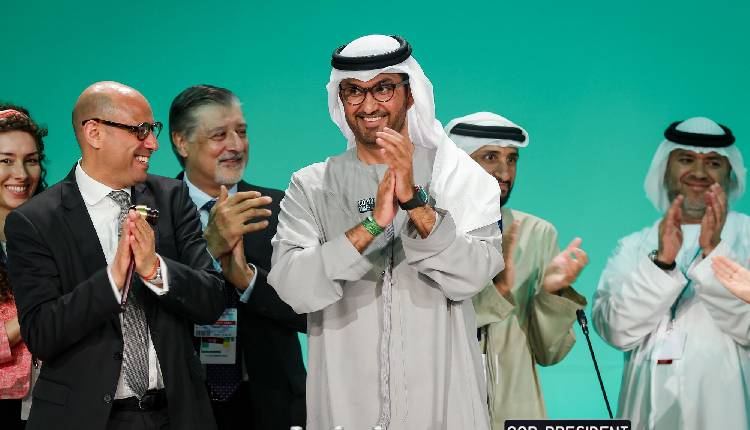In 2023, record-breaking temperatures and shocking natural disasters like floods, droughts, and storms marked many regions of the world. However, over 90 countries, making up 92% of the global GDP, have pledged to achieve net zero emissions, indicating a global awakening to the climate crisis.
In this context, the UAE took the lead in hosting COP28 from November 30th to December 12th in Dubai and conducted the inaugural Global Stocktake to assess progress towards climate goals since the Paris Agreement’s adoption in 2015.
COP28, which saw the participation of over 80,000 delegates from governments, institutions, corporations, and other key stakeholders, is earning praise as the most inclusive COP so far.
Hitachi Energy, a global technology company headquartered in Zurich, Switzerland, took part in thought leadership activities on various platforms, stressing the importance of enablers and catalysts needed for a faster energy transition.
They underscored the crucial role of power grids, the rapid and large-scale deployment of technology, and the importance of innovative policies, regulations, and business models in maintaining resilient supply chains.
The COP28 consensus marks a historic moment with its call for significant, swift, and sustainable cuts in greenhouse gas emissions and a shift from fossil fuels. The agreement underscores that the global commitment to reducing emissions aligns with the 1.5ºC target and net zero pledges.
Moreover, a notable accomplishment was the consensus to triple the global renewable energy capacity and double the yearly average rate of energy efficiency enhancements worldwide by 2030.
Significant announcements also included the activation of the loss and damage fund on the first day of the conference. This fund aims to assist lower-income countries in dealing with climate change impacts. It also marked the occasion of the first commitments from affluent nations to contribute to the fund.
These outcomes are praiseworthy, but there’s a need to convert these visions into reality.
While the ultimate goal is universal, each country’s unique starting point and circumstances necessitate different paths, underscoring the urgent need for collective action to ensure a fair transition.
